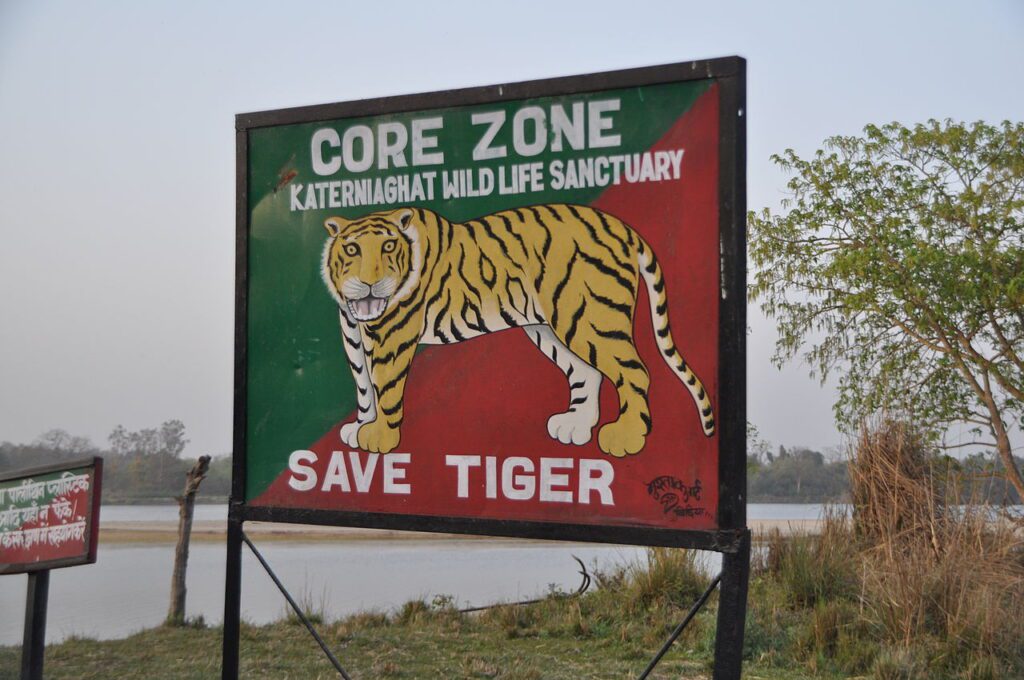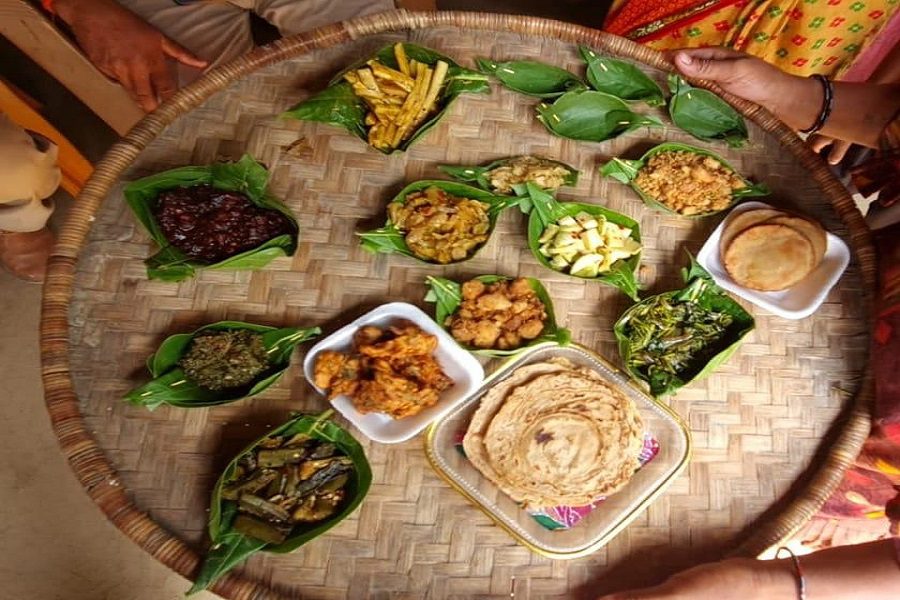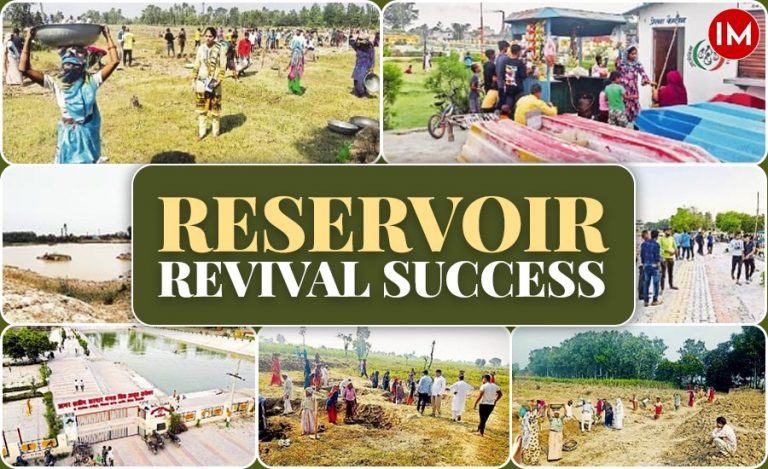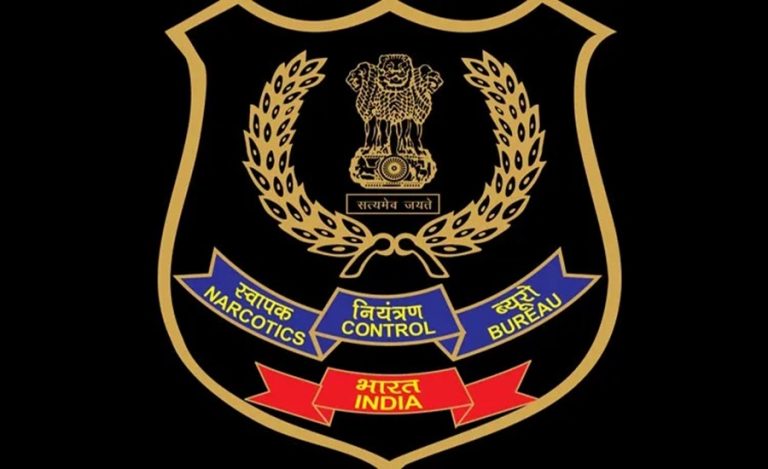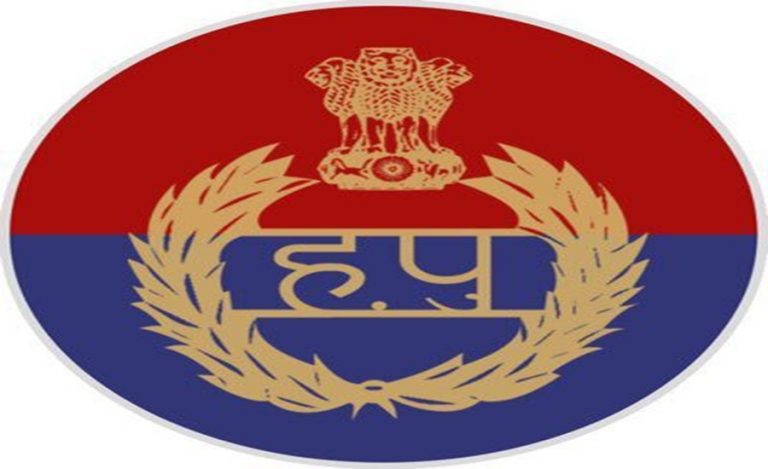Eco-tourism combined with tribal tourism is changing the lives of the Tharu tribal community living on the fringes of Uttar Pradesh’s Katarniaghat Wildlife Sanctuary, situated in the Terai region of the Bahraich district. Under the leadership of 2016-batch IFS officer Akash Deep Badhawan, the forest department has prepared a roadmap for Tharu tourism with touches of eco tourism, where tourists can have an exotic feel of tribal culture.
The tourists who visit Katarniaghat Wildlife Sanctuary can enjoy home stays at Tharu House, eat Tharu food and see Tharu folk dances. Indian Masterminds interacted with IFS officer Akash Deep Badhawan, DFO of Katarniaghat Wildlife Sanctuary, to know more about this beautiful initiative.
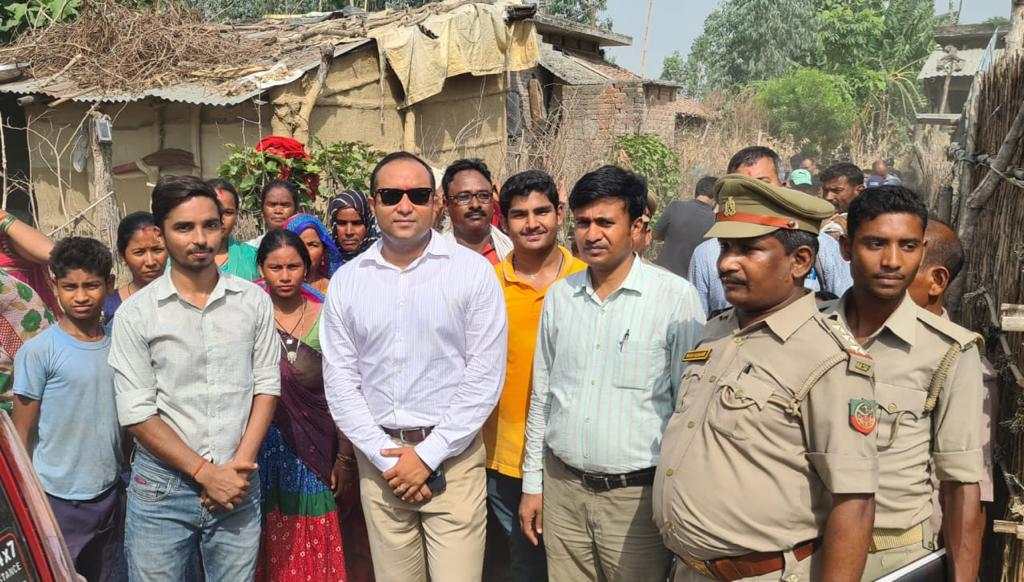
TRIBAL TOURISM
Mr. Badhawan said, “The main objective of this initiative is to promote tribal tourism and bring about a positive change in the economy of Tharu villages. This will bring money to the Tharu tribes and reduce their dependence on the forest. Its biggest advantage is prevention of man-animal conflict, because of which, we will be able to save the wild animals also.”
He further explained that once the tribe starts earning from tourism, they will themselves enthusiastically engage in its promotion in a big way. And this can change the economy of the entire region. “But right now, Tharu tribe is not fully ready for this, and for that, we have to make a lot of efforts,” he added.
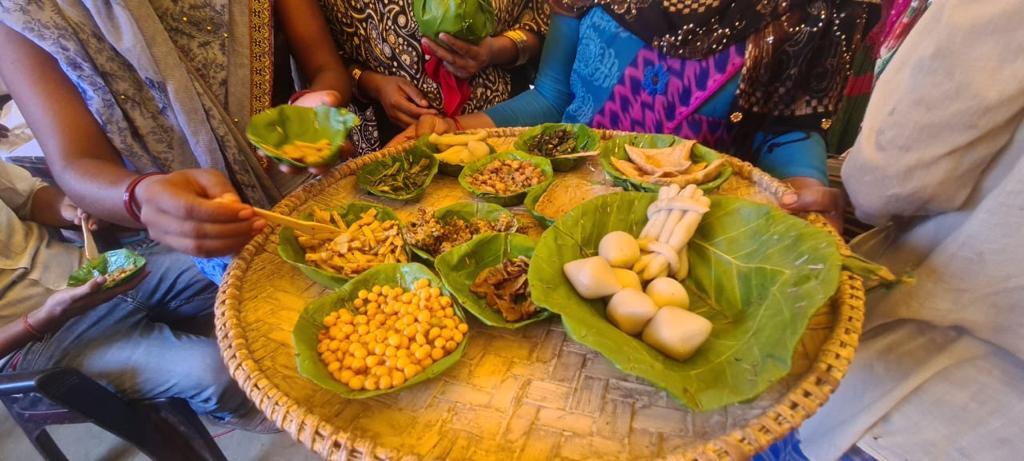
THARU VILLAGE TOURISM
Talking about his tourism plan in detail, the officer said that they chose Bardiya village for the project since it is a Tharu tribe dominated village. In this village, eco tourism will be promoted with the participation of the Tharu tribals. “We have many components in our initiative. First is Tharu culture. People who come to Katarniaghat Wildlife Sanctuary for Jungle Safari and Boat Safari will explore this culture. We will take them to Tharu villages to experience tribal life, traditions and customs first hand. This model has been prepared on the same lines of Rajasthan village tourism where foreign tourists come to see and experience Indian village life.”
Apart from this, another important component is Tharu food, he pointed out. Tharu Thali will be served to all tourists. This food will be completely vegetarian and will include some special dishes of Tharu tribe and also some special pickles. “We have also selected some houses, which have been prepared for home stays in collaboration with the tourism department. These houses will be completely like the houses of Tharu tribals, and tribal artefacts will be seen on the earthen walls,” the officer said.
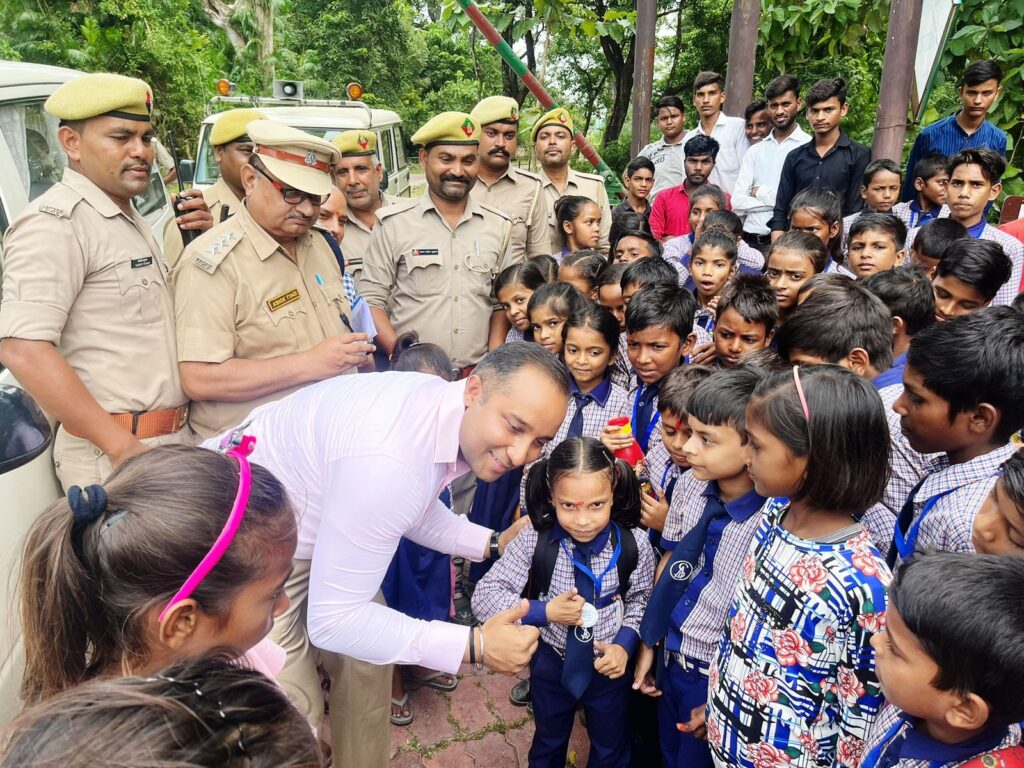
Other than these, tourists will get to see Tharu artists performing folk dances and songs, while handicrafts made by Tharu tribals will also be showcased at these locations.
HELP FROM IIM LUCKNOW
Cooperation of IIM Lucknow is also being taken in this project. The students of the tourism department of the IIM are being brought here for internship and their guidance is being taken, so that tourism can be given a professional look. The management trainees’ expertise will benefit the forest deparment, Mr. Badhawan said.
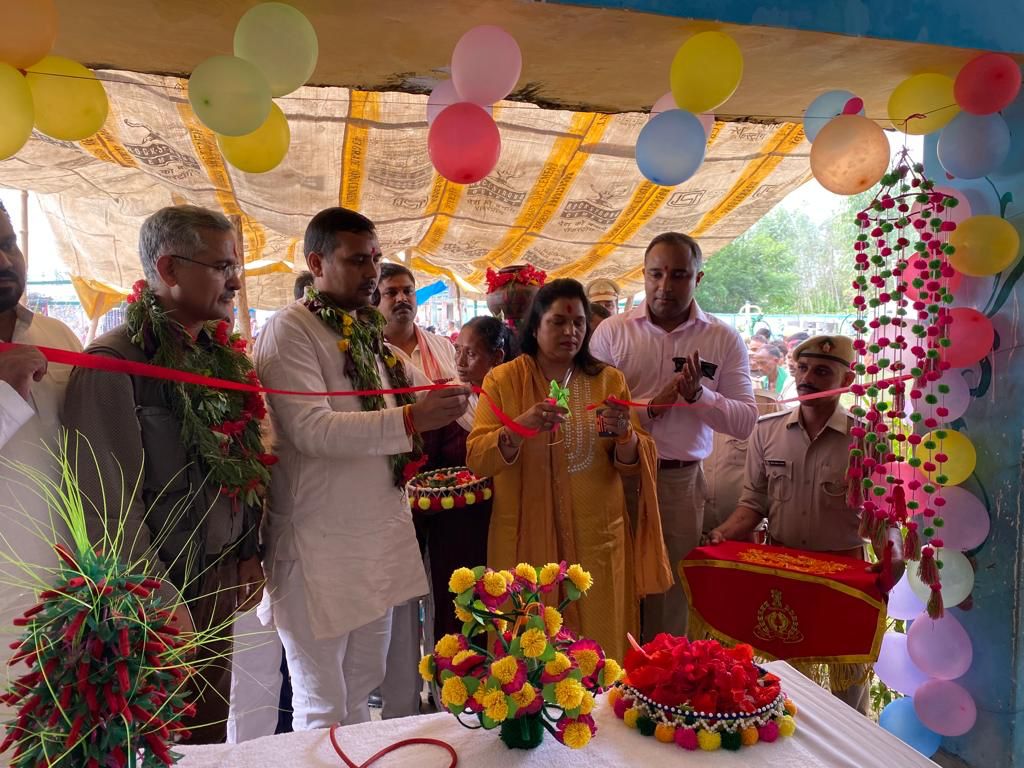
DIFFICULTIES IN CONVINCING TRIBALS
It was difficult to prepare the tribal people for this initiative as they were not convinced about the idea and were not ready for something totally new. Mr. Badhawan said, “For this, we first tried to give more facilities to their children in Mowgli School. After that, from 6 months ago, we have started distributing sewing machines at our own expenses. Along with this, solar lights have been installed in many villages adjoining the forest through government schemes.”
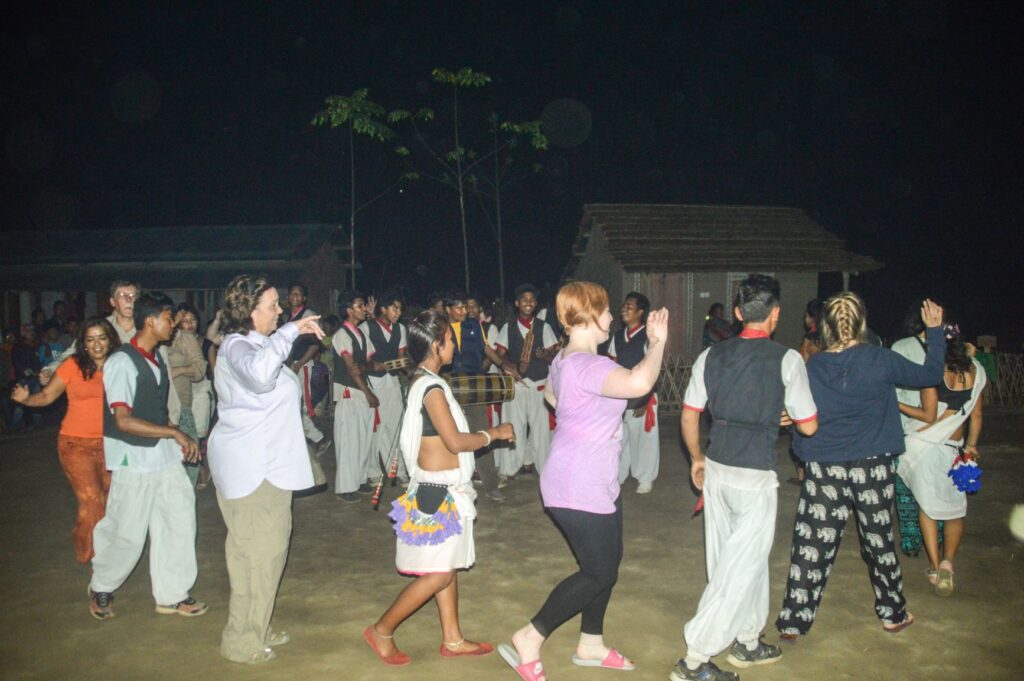
A tribal women group was also formed through an NGO and the members now make dresses for 192 children studying at the Mowgli School. Sports equipment are also being provided to the children. Due to these measures, the forest department is slowly being able to gain the confidence of the tribal people and are being able to convinced them to cooperate with the tourism plan. The Mowgli School is also proving to be a boon for the children living near the sanctuary and encouraging them and their parents to draw close to the forest department officials.
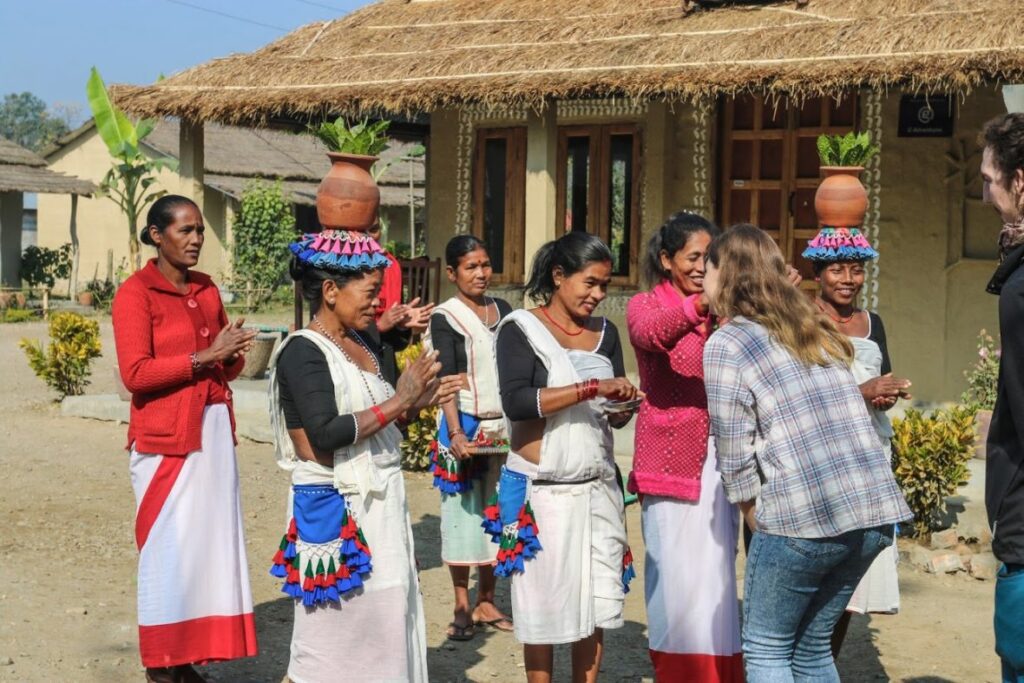
GOVERNMENT FOCUS
The state government is also making every effort to develop tourism in this area under the ‘One District, One Eco Spot’ scheme. Under this scheme, eco tourism centres are being developed in districts and forest divisions to attract tourists.
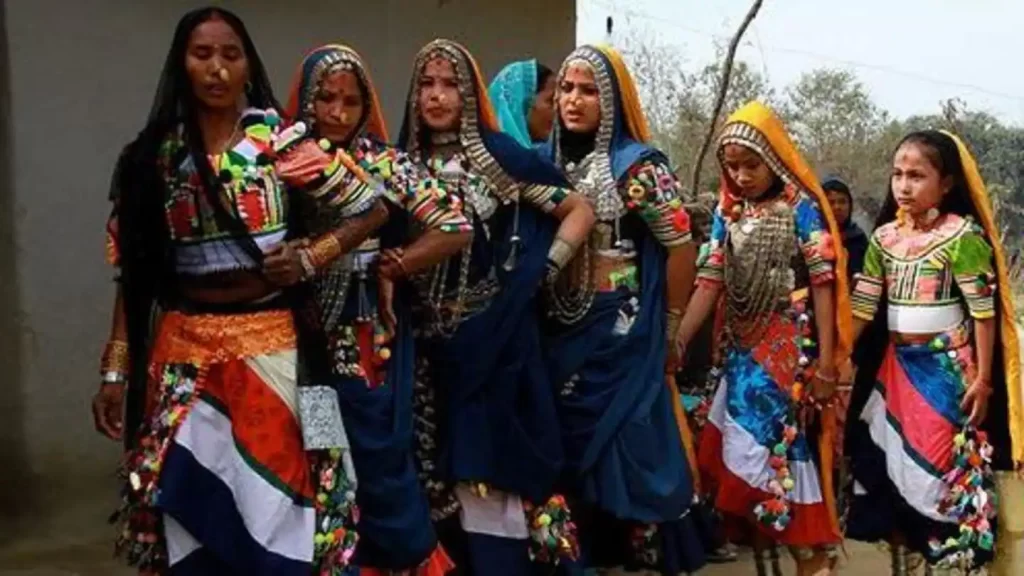
MORE ABOUT THARUS
Tharu is a tribe found in the Terai region bordering Nepal and India. Terai is a region of northern India and southern Nepal running parallel to the lower ranges of the Himalayas. The Tharu tribe is one of the few tribes in Uttar Pradesh. The word ‘Tharu’ is believed to be derived from ‘sthavir’, meaning ‘followers of Theravada Buddhism’. The Tharus live in both India and Nepal. In the Indian terai, they live mostly in Uttarakhand, Uttar Pradesh and Bihar. Most of them are forest dwellers, and some practice agriculture as well.
